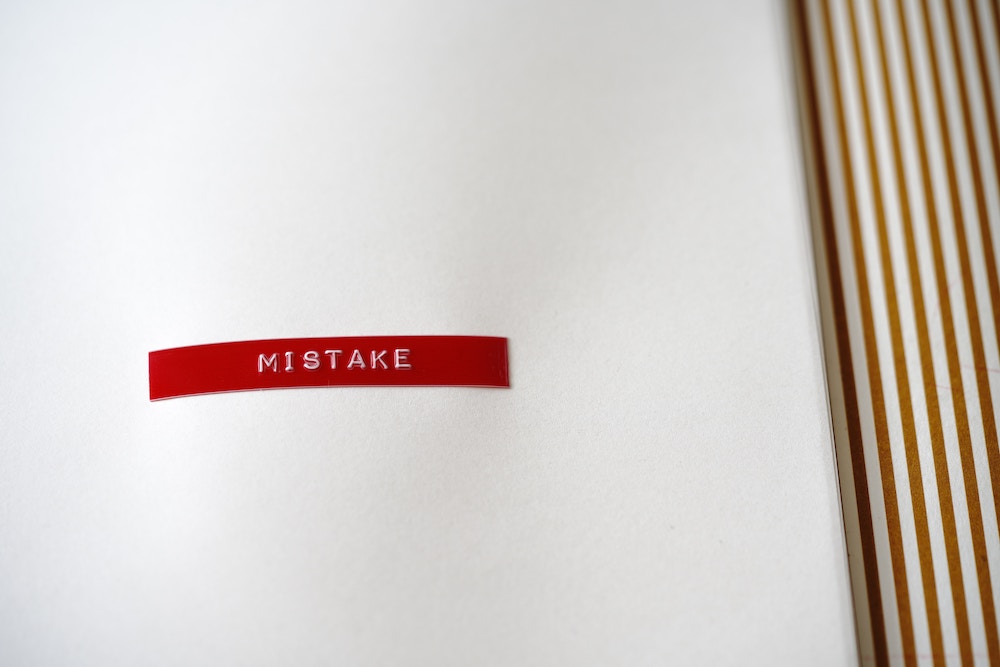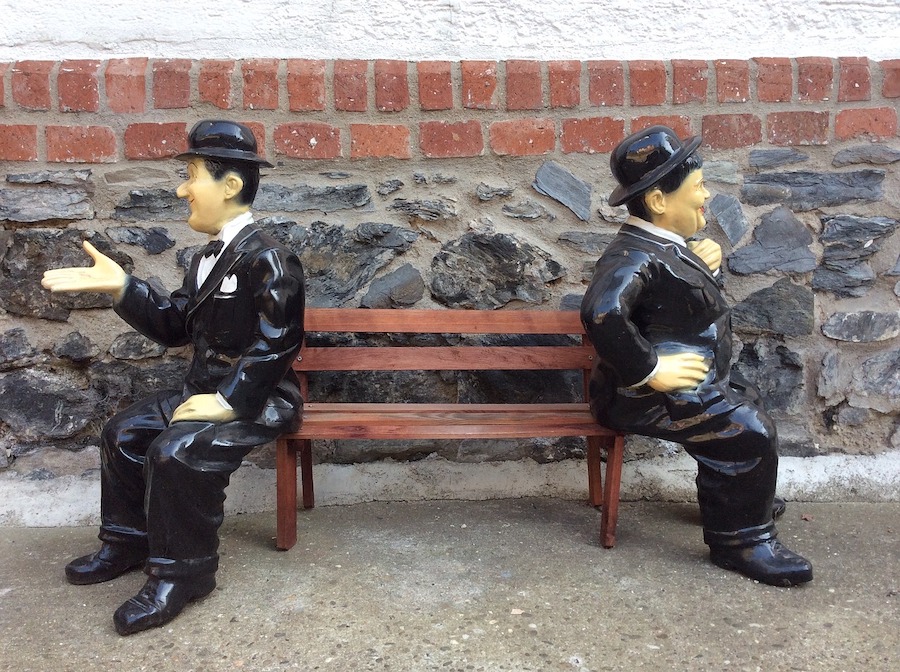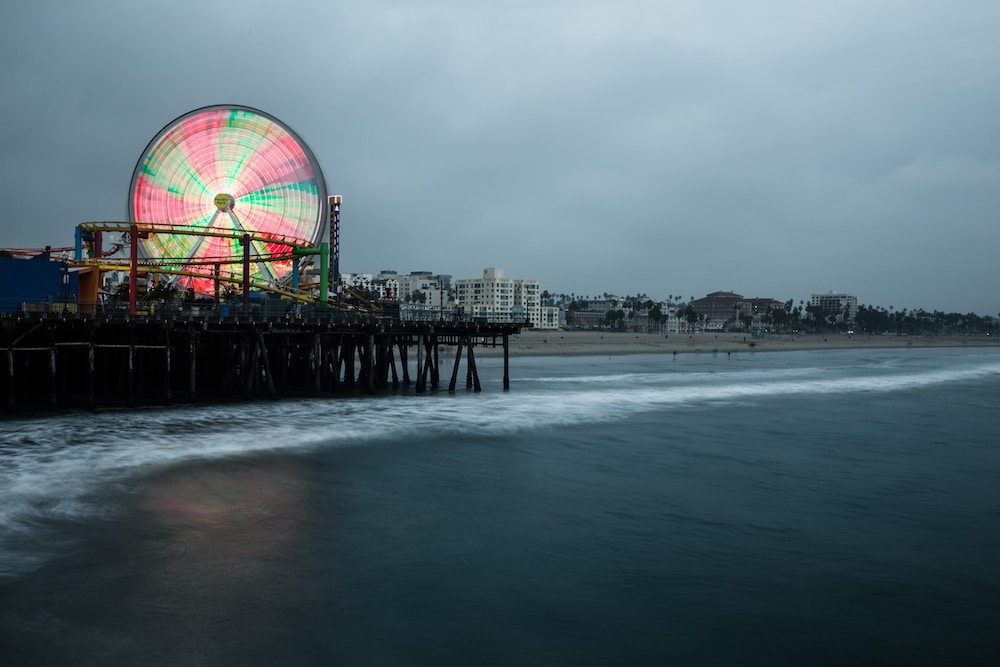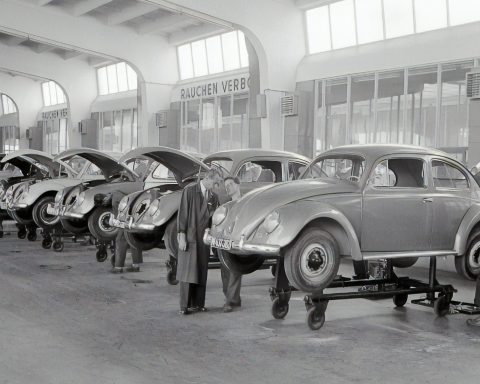
It’s a confusing time for the NHS. One minute there’s talk of if being ‘weaponised’ like some all consuming superhero, the next it’s being sent to bed with no supper for causing all those ‘avoidable deaths’.
It seems the NHS is not so much a service that is offered but rather a slave that is used – and abused – by those who would seek to master it for their own, often political ends. But it’s not just the politicians who behave like this. Nor is it only the pharmaceutical industry who use it to push their products beyond where there is a genuine need. We patients also use the NHS, arrogantly proclaim that it is ‘our NHS’ and demand it meets ‘our wants’ – in a manner which we deem appropriate and in a time scale we consider acceptable. It’s time we appreciated that the NHS is just that – a service that we are privileged to have offered to us, not a slave we own and can demand of what we will. Something of a completely different perspective is required.
It’s time to free the NHS.
Free it from political interference, pharmaceutical manipulation and unreasonable consumer demand. Free it to become the genuine service that we require – one that seeks to meet only the genuine health needs of the nation.
So what exactly will this emancipated NHS offer us? That is something that needs to be decided upon by guardians of the service – appointed because they are wise enough to see that there is a difference between what medicine can do and what medicine should do. They need to be clear headed enough to appreciate that advances in medicine have outstripped the capacity that exists to deliver healthcare, both in terms of finances and workforce, and as such decisions on what services will and won’t be offered have to be made.
Decisions do need to be made, but not because they are politically expedient or serve an individual’s self interest, but because wisdom dictates that they are so made. Not all such decisions will be popular but they need to be made, and accepted, none the less. Of course where inefficiency and poor practice exists there needs to be improvements but the fact remains that with the body of medical knowledge increasing exponentially, and more and more expensive treatments appearing on the market on a daily basis, it is simply no longer possible to know all their is to know, or fund all that could be funded. Finances are limited – as are the human resources within the NHS. Constant promises by our politicians and demands by its users of what the NHS will provide, along with often unwarranted criticism and blame when these impossible targets are not met has a human cost on those who try to do their best in an increasingly difficult workplace – a workplace that is threatening to become a battleground.
It’s true that the NHS is ‘not the Messiah’ we would perhaps like it to be, but neither is it ‘a very naughty boy’.* As Goldacre has said, I think you’ll find it a bit more complicated than that.
It seems to me that the fundamental problem lies in the fact that we as a society continue in search of the holy grail of eternal life – death must be avoided at all costs. And we have charged medicine with delivering this dream. So certain have we become that this is possible, that when death does rear its ugly, unwelcome head, the appropriate response so often becomes one of moral censure of those who failed to deliver the impossible.
When things go wrong, it seems, we are more comfortable attributing the problem to the moral failings of those who have tried to help, than the reality that death and suffering are part of the world we live in. And here is the irony of it all. By treating the NHS as our slave, demanding it deliver us from our inevitable death, we have made medicine our master and have become ourselves enslaved by it. By making the meaning of life the avoidance of death, we are in bondage to the health parameters that we have imposed upon our selves, even as we strive to impose them on others. As Augustine wrote:
What does it matter by what kind of death life is bought to an end? When man’s life is ended he does not have to die again. Among the daily chances of this life every man on earth is threatened in the same way by innumerable deaths, and it is uncertain which of them will come to him. And so the question is whether it is better to suffer once in dying or to fear them all in living.
*With apologies to Monty Python.












